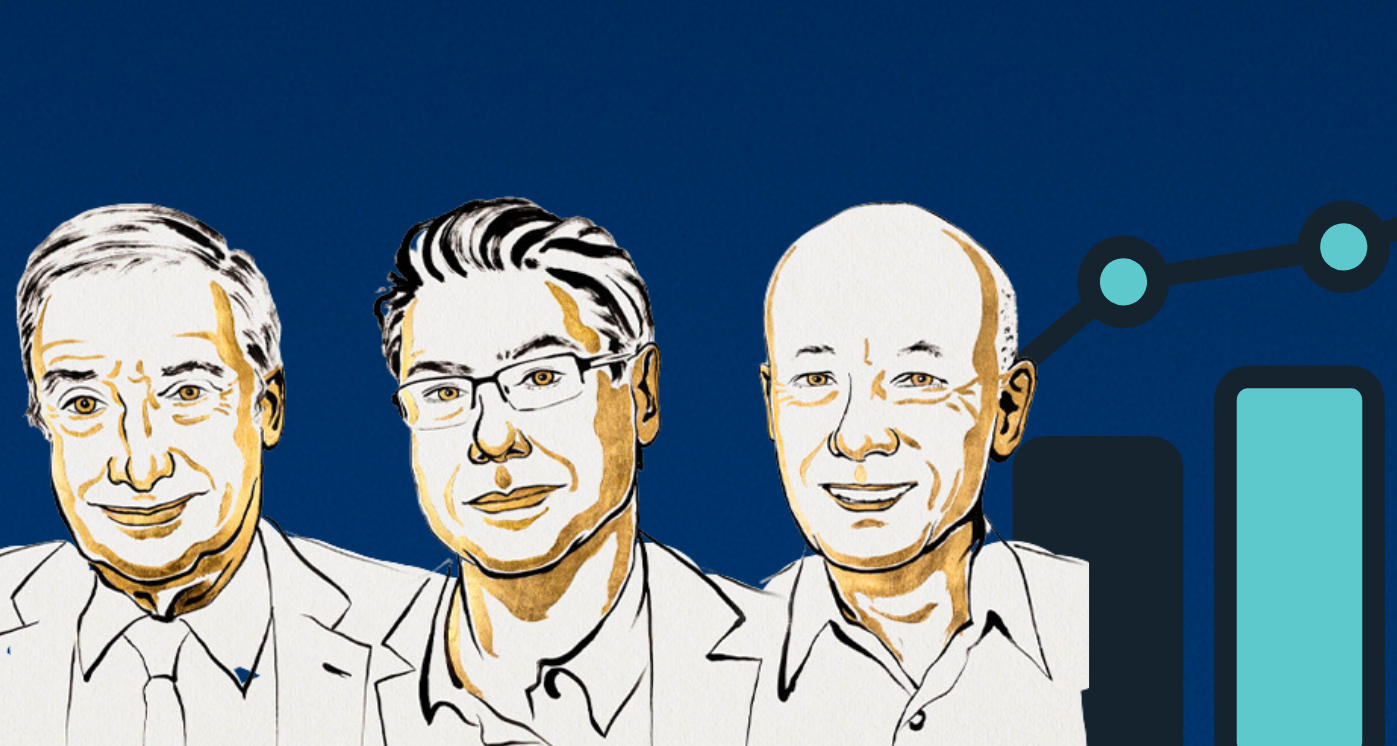Throughout history we have traveled along idealized paths, trying to sustain our decisions on logic, although at times this was more of a distant dream than a reality. In the past, this path brought us closer to concrete facts than to illusions; however, postmodernism has eroded that essential principle that gave us solidity as a civilization, leaving room for less coherent positions.
An example of this is overgeneralization or overgeneralization, a cognitive distortion that leads us to formulate broad conclusions that are incompatible with objective reality, based on little or no evidence. This dysfunctional thought pattern affects both our interpersonal relationships and the way we relate to ourselves.
This phenomenon is a recurring theme when addressing cognitive distortions, mood disorders or anxiety disorders. However, there is an underexplored aspect: its possible relationship with complacency and how this connection may compromise the individual’s capacity for critical self-evaluation.
In a labyrinth of options and nuances, where we have the opportunity to explore various aspects, sometimes we opt for a shortcut: a vague and disproportionate conclusion. This can generate not only discomfort, but also a false well-being, fed by generalized and internalized beliefs that lead us to think that we do things so well that we no longer need to improve, resulting in stagnation in multiple areas of life.
In these circumstances we become theorists, formulating conclusions based on hypotheses or assumptions, without objectively observing the panorama. We shy away from critical thinking and cling to self-serving interpretations.
Ellis’ ABC model (1957) explains how events generate belief systems that subsequently become consequences. These three elements constitute a sequence that can give rise to cognitive distortions such as overgeneralization, especially when the belief is affected by an erroneous interpretation of the facts. As mentioned at the beginning, this phenomenon has been accentuated in our historical context, marked by fake news, viralization and the scarcity of proposals in the face of everyday problems. The result -usually a behavior- is usually incongruent with objective reality.
When we fall into complacency, we believe we possess a kind of moral superiority and perceive ourselves as people who do not need to change, since “we do our best” and that is enough. This diminishes self-criticism and installs the feeling that “everything is fine”. And when everything is fine, we lower our guard: there are no obstacles to overcome and we fill ourselves with an arbitrary confidence, losing motivation. Thus, we adopt the irrational belief that we are invulnerable to change or failure.
But is complacency the same as high self-esteem? No. Complacency, in essence, runs away from criticism. It does not arise from a solid belief in one’s own capabilities, but from the need to convince oneself, at all costs, that everything is fine. To sustain this illusion, one resorts to cognitive distortions such as overgeneralization, creating a vicious circle: “I always do well”, “I don’t need to change”, “there is no need to question myself”.
Overgeneralization, as a cognitive distortion, limits the capacity for objective analysis and perpetuates simplified interpretations of reality. When linked to complacency, it hinders fundamental processes such as self-criticism, realistic evaluation of personal performance and readiness to change. In clinical and educational contexts, this interaction may represent a risk for the development of metacognitive skills and emotional regulation. Promoting a critical look at one’s own thoughts and beliefs is essential to dismantle dysfunctional patterns that, although apparently protective, can lead to individual stagnation in different areas of life.
Author:
Beiny Calderón
 Español
Español English
English











